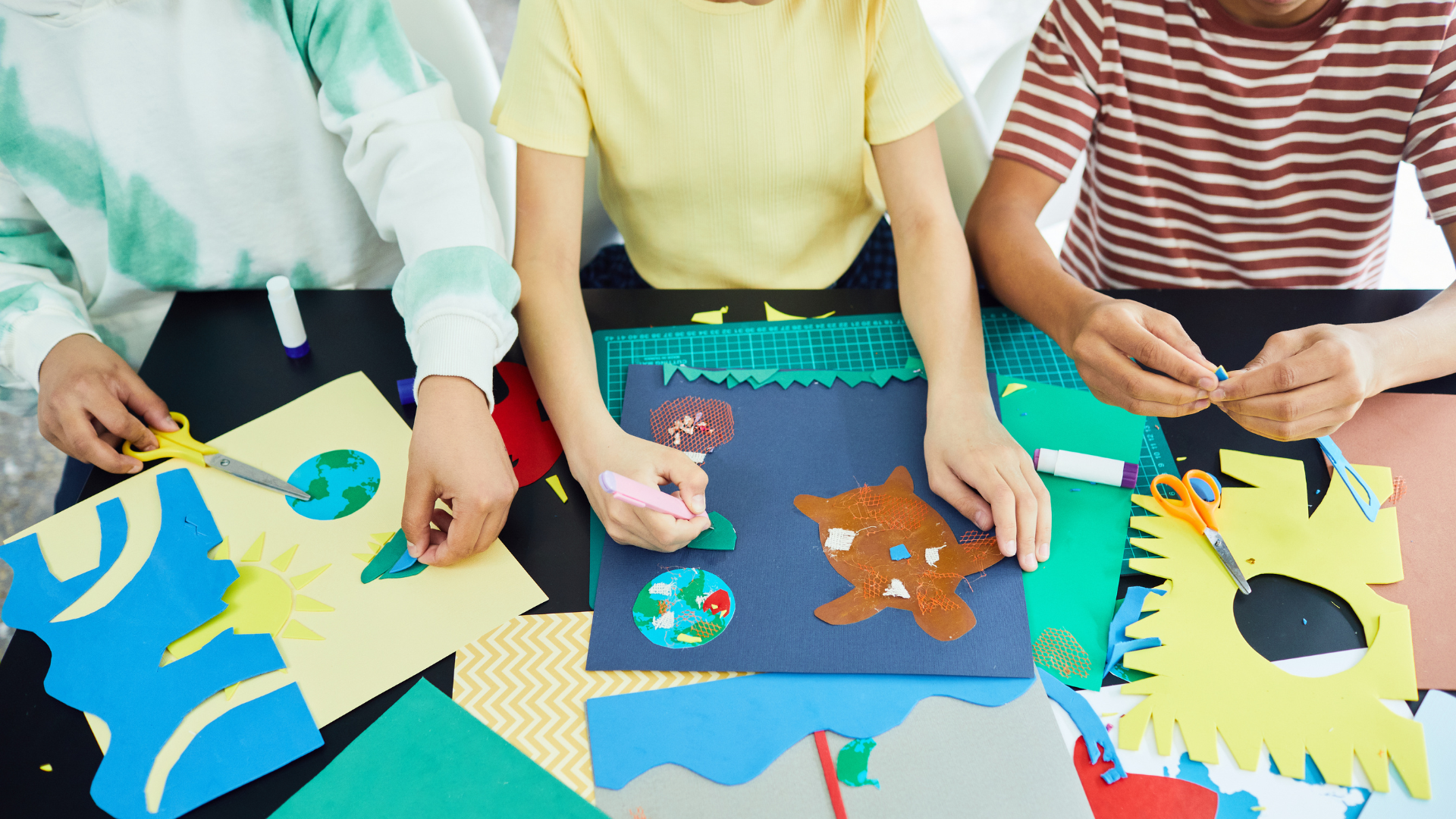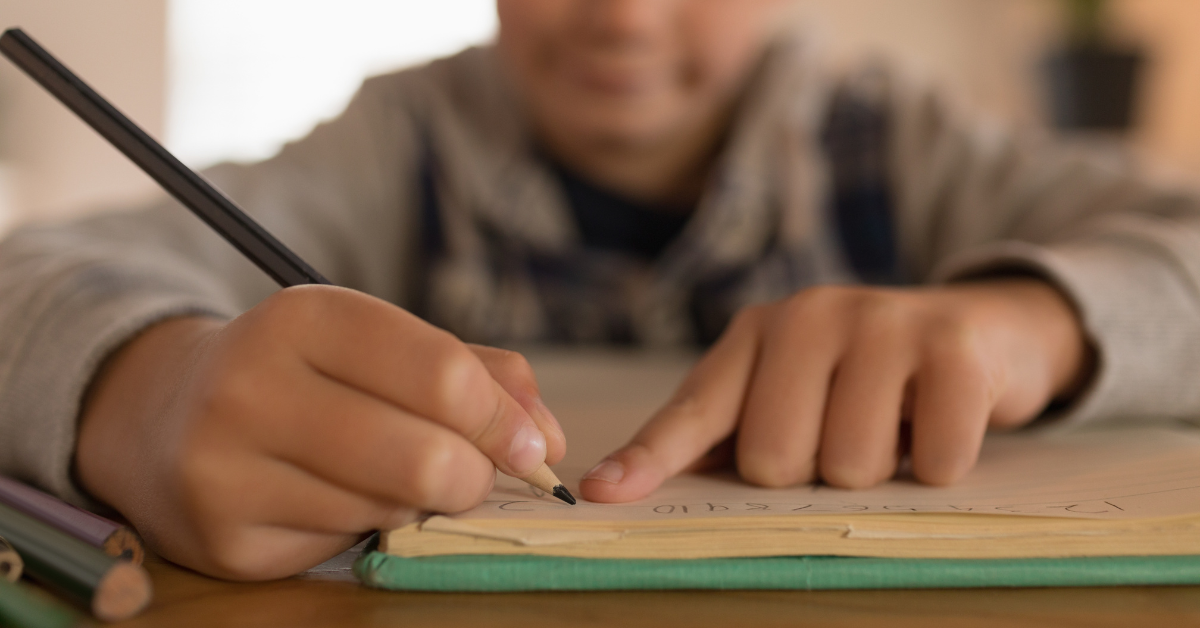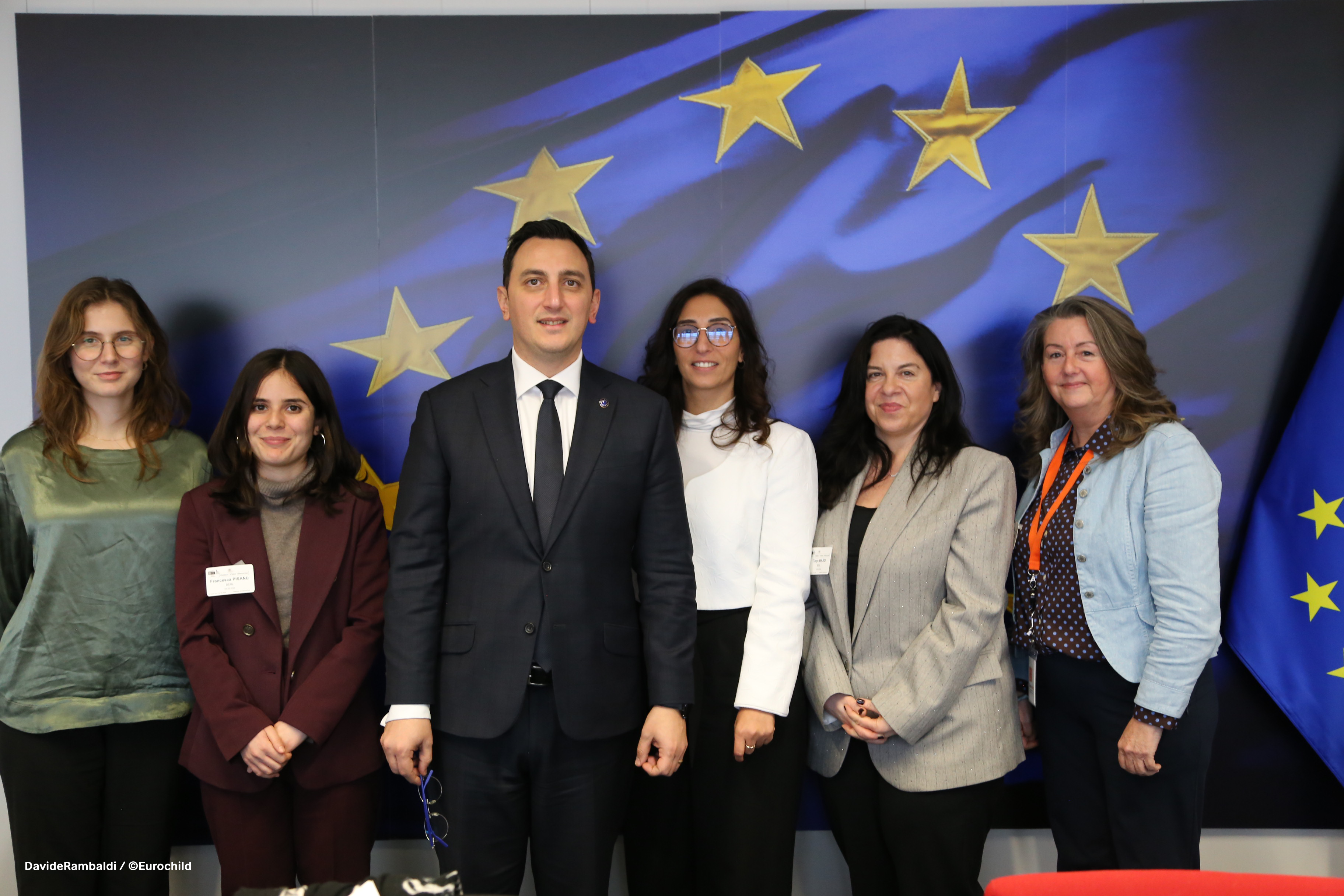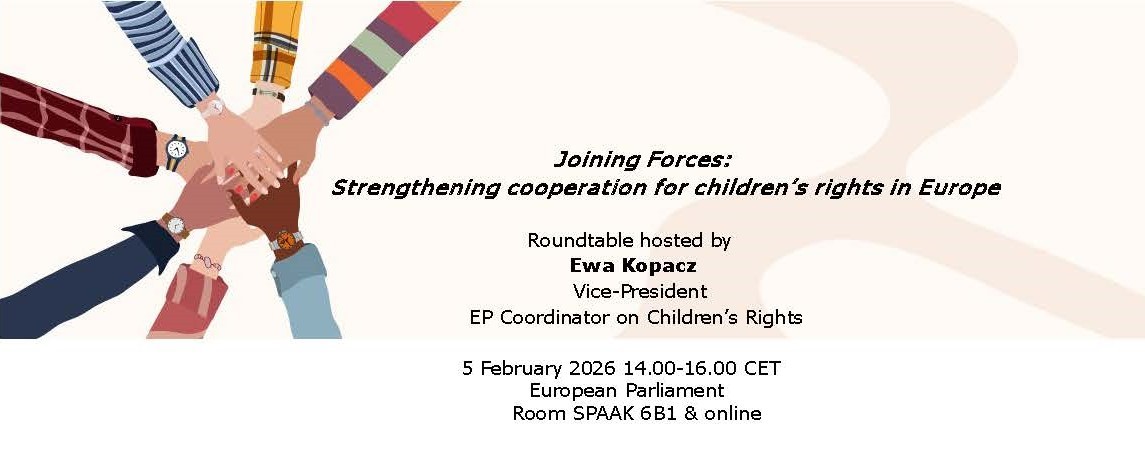From knowledge to action: How article 42 makes children’s rights real
Ally Dunhill, Eurochild Director of Policy, Advocacy and Communications, and Carine Le Borgne, Eurochild Child Participation Coordinator, explore how the duty to inform transforms children’s rights from legal texts into lived experiences.
Article 42 of the UN Convention on the Rights of the Child (UNCRC) is often referred to as the awareness article. It sets out that: “States Parties undertake to make the principles and provisions of the Convention widely known, by appropriate and active means, to adults and children alike.”
This obligation may sound simple, but it is fundamental. Rights that are not known cannot be claimed. Rights that are not understood cannot be respected. Article 42 is therefore not just an administrative duty — it is the gateway through which all other children’s rights become real.
Why Article 42 matters
- Children can only exercise their rights if they know them. Too often, children across Europe are unaware of their entitlements under the UNCRC. Without this knowledge, they cannot speak up when their rights are ignored, ask for help and participate in decisions that affect them.
- Adults need awareness to uphold children’s rights. Teachers, social workers, healthcare professionals, judges, and policymakers make decisions every day that directly affect children’s lives. They need to understand the UNCRC to act in children’s best interests.
- It creates a culture of rights. Awareness transforms the UNCRC from a legal treaty into a living framework embedded in schools, communities, and public services.
It drives accountability. Accountability grows when society knows what governments have promised. The UNCRC is not just words on paper – governments must ensure it is reflected in schools, laws, policies, and communities.
What Article 42 looks like in practice
It is not enough for governments to ratify the Convention. Article 42 requires proactive measures:
- Child-friendly materials so children can understand their rights in accessible ways.
- Inclusion of children’s rights in school curricula, so every child learns about them as part of their education.
- Public awareness campaigns to make children’s rights visible across society.
- Professional training for those working with and for children, ensuring their decisions reflect children’s rights.
Eurochild’s contribution to Article 42
At Eurochild, we see every day why awareness is the foundation for children’s rights. Our work across Europe reflects this in several ways:
- Supporting children’s voices at the European level: Through the Eurochild Children’s Council and our collaboration on the Europe Kids Want survey, we create spaces for children to learn about their rights and influence EU decision-making. These initiatives show children that their voices matter — an essential part of making rights real.
- Producing child-friendly resources: For example, Eurochild has produced child-friendly summaries of key EU strategies, such as the European Child Guarantee and a Child Guarantee Game. These tools make sure children themselves understand how European policies affect their rights and daily lives.
- Raising awareness among policymakers: Eurochild regularly briefs EU institutions and national governments on children’s rights, making sure that Article 42 is not forgotten when laws and budgets are being designed. Our reports on the implementation of the European Child Guarantee highlight whether and how governments are communicating children’s rights at the national level.
- Building capacity within civil society: By working with our members across Europe, we help grassroots organisations promote children’s rights locally, whether through awareness campaigns, training, or child participation projects.
Why we must keep advocating
Without awareness, children’s rights risk being tokenistic — acknowledged on paper but ignored in practice. Advocacy for Article 42 ensures that rights are lived, taught, and respected. In addition, Article 42 ensures the UNCRC doesn’t stay hidden in legal documents, but becomes real in everyday life.
That is why it is important that all governments:
- Invest in child-friendly materials and school programmes so every child learns about their rights.
- Fund training for professionals who work with children, from teachers to judges to healthcare staff.
- Support public campaigns that make children’s rights visible to everyone in society.
Awareness is not optional — it is the foundation. Article 42 turns the UNCRC from a legal treaty into a living tool that empowers children, equips adults, and holds governments accountable.
Children can only claim their rights if they know them.
Children need to know not only that they have rights, but also how to use them. Article 42 of the UNCRC obliges governments to make children’s rights widely known, but awareness alone is not enough. Children also need guidance and support to act on their rights and have them respected.
At Eurochild, we see this in practice:
- Empowering children to speak up: Through initiatives like the Eurochild Children’s Council and the National Children’s Forums, children learn how to raise their concerns, contribute to decision-making, and influence policies that affect their lives.
- Guidance on who and how to approach: Children are supported to identify trusted adults, professionals, or authorities who can help when their rights are at risk.
- Building confidence to participate: Child-friendly resources, workshops, and educational materials help children understand their rights in a concrete, accessible way and give them the tools to act.
Knowledge of rights is only meaningful when it leads to action. Article 42 is therefore not just about awareness—it’s about empowering children to claim their rights, equipping adults to respect them, and creating a society where children’s rights are a lived reality.





